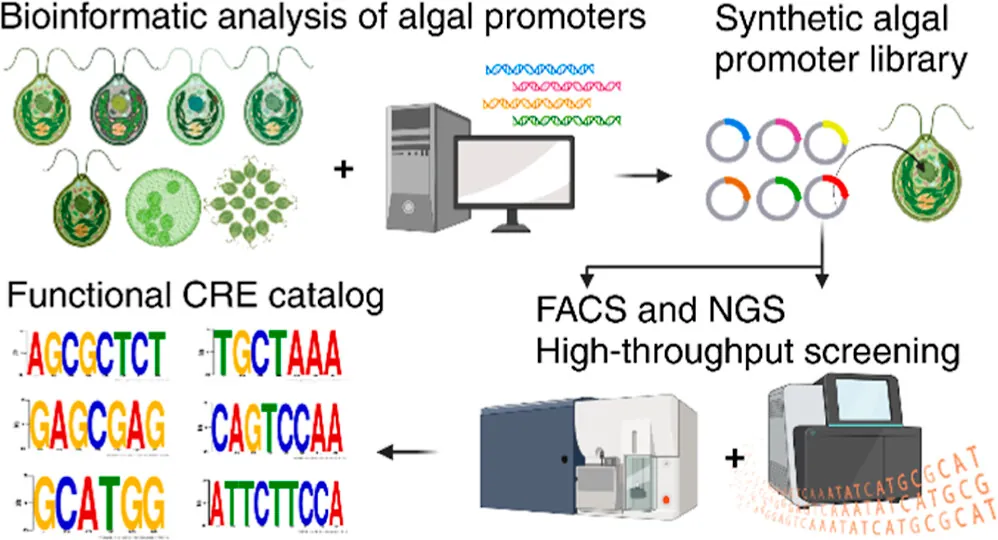
DIVA DNA Sequence Construction and Validation
Physically fabricate and verify DNA constructs of interest
Leverage our team’s domain expertise, laboratory automation, methods and workflows to physically fabricate and sequence validate DNA constructs of interest.
DIVA DNA Construction
Our collaborators can submit designs through our DIVA bioCAD software to be constructed and sequence validated through our DIVA DNA Sequence Validation service. Turnaround time typically takes 6 weeks for plasmid construction, including oligo synthesis and validation, though this varies by design complexity.
We offer DNA construction at scales and efficiencies that might not be otherwise accessible. By offloading DNA construction tasks, our collaborators can focus on their core research.
DIVA DNA Sequence Validation
Our DIVA DNA Sequence Validation service provides full NGS (no DNA oligos required) plasmid/amplicon sequence coverage with a turn around time of about 1.5 weeks, with up to 1536 samples per sequencing run. Verifying source DNA material before new DNA construction begins can save our collaborators significant time and resources.

DIVA DNA Sequence Validation can be used for:
- Validating that a DNA plasmid has been constructed as desired
- Validating that DNA has been correctly integrated into a genomic locus (via sequencing and amplicon of the target locus)
- Verifying the sequence of a plasmid or an amplicon
- Generating sequencing reads for counting statistics as part of a gene variant screening/selection process
- Detecting enrichments or depletions of specific gene variants in the course of a screening/selection process
Watch this video to learn more about DIVA.
USE CASE

An overview of the pipeline developed in our collaboration with UC San Diego researchers that can help develop innovative synthetic genetic tools for any type of algae.
DIVA was used in our collaboration with UC San Diego, which identified a catalog of cis-regulatory elements that can help build high-performing synthetic algal promoters.